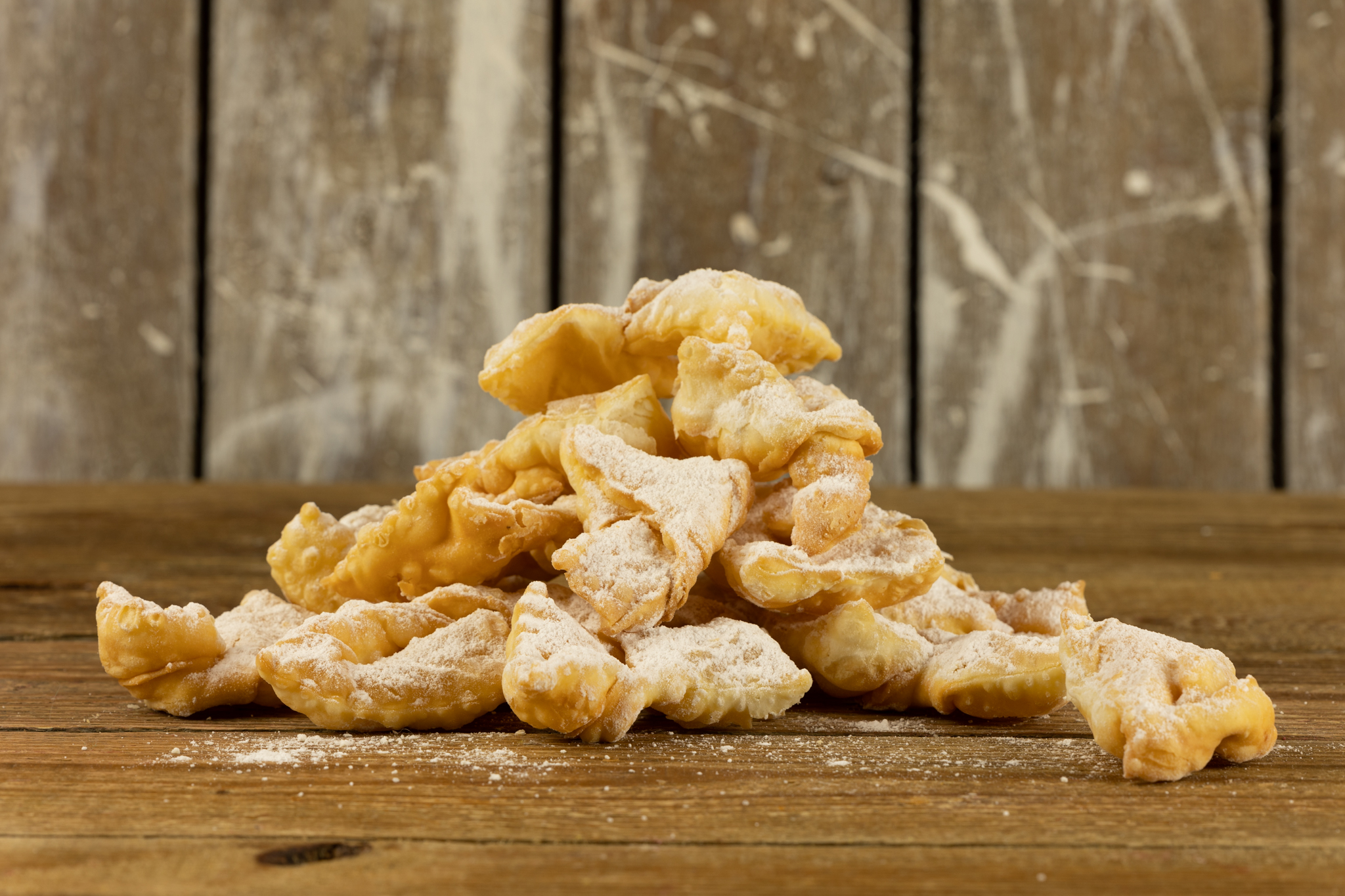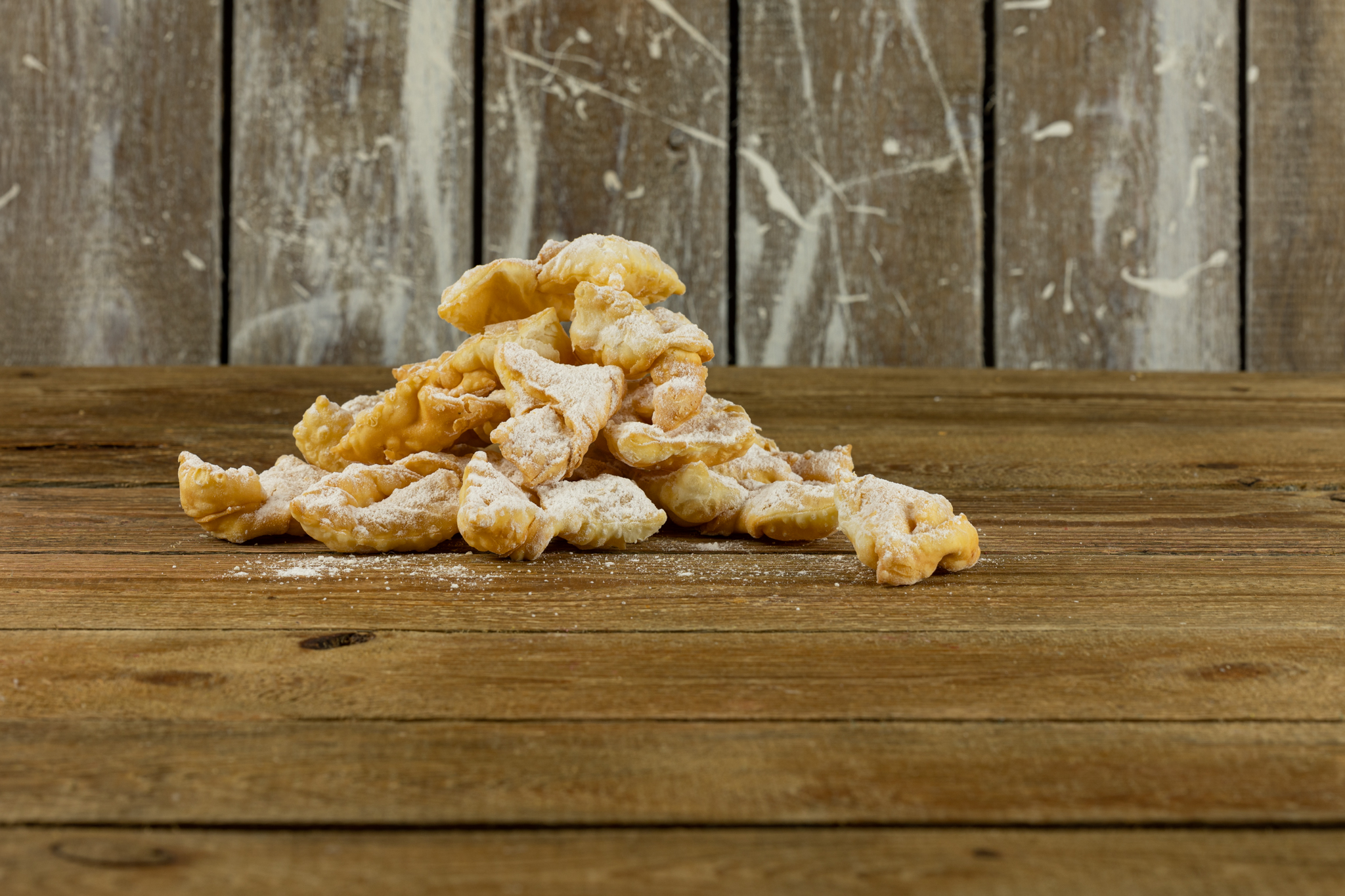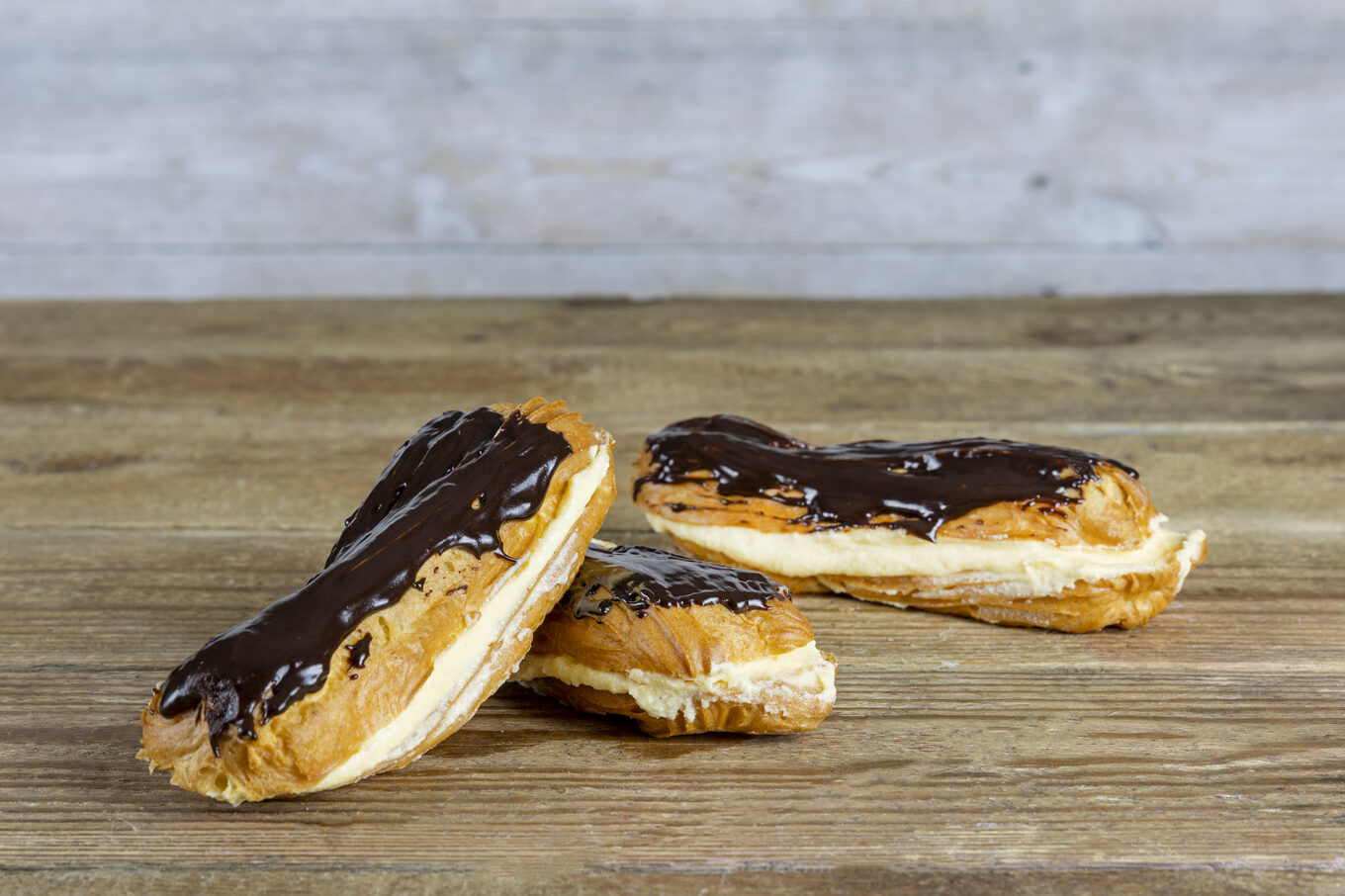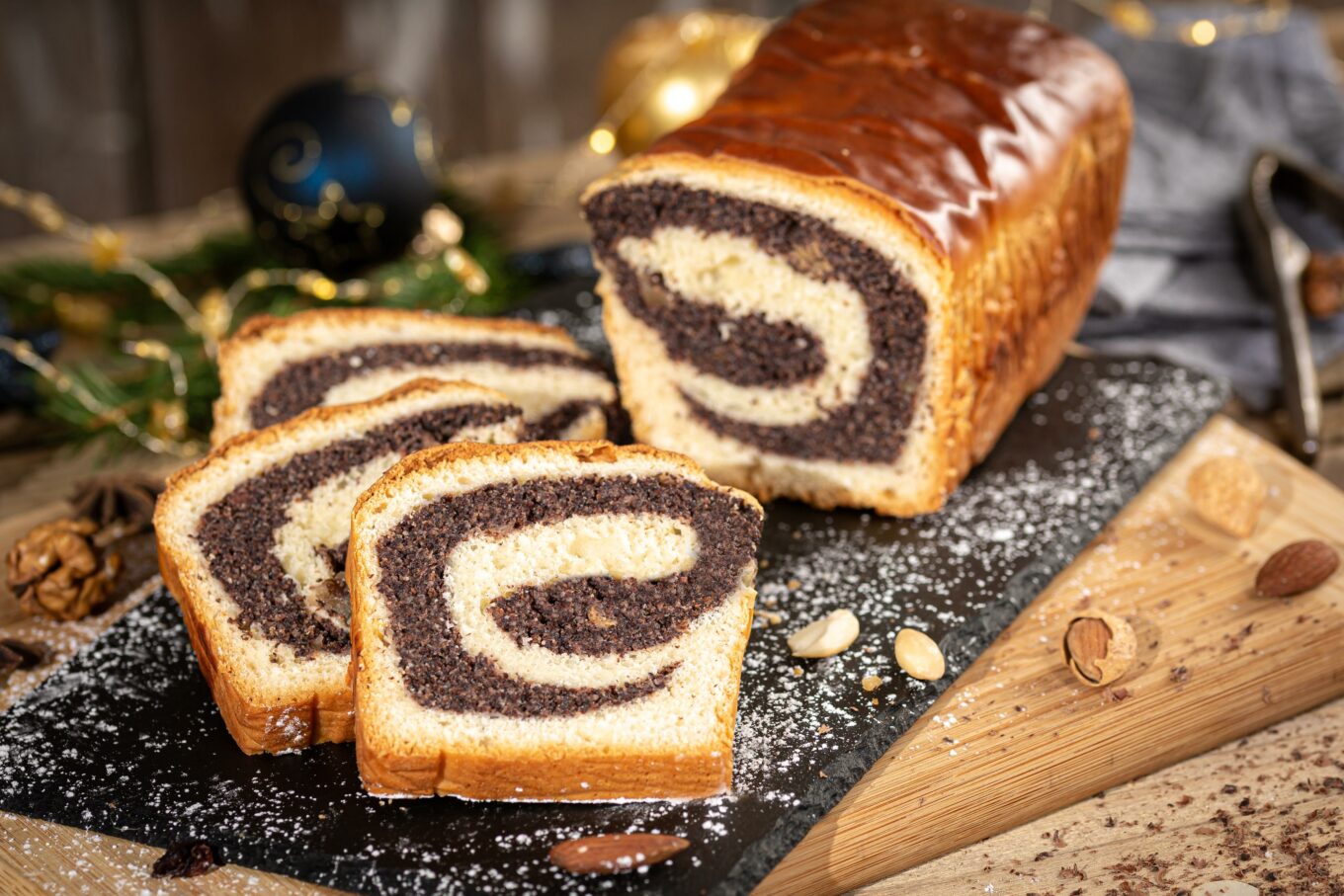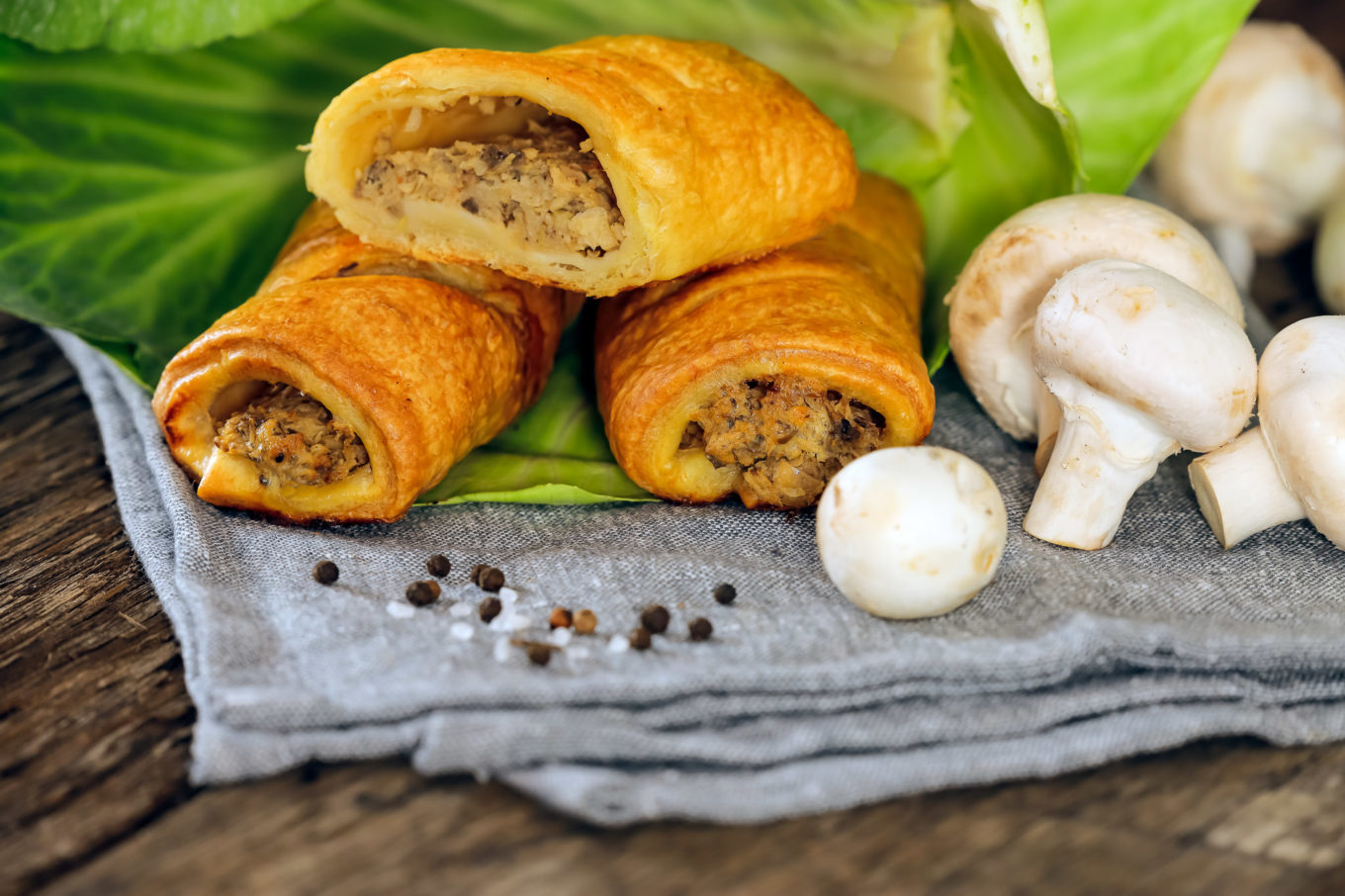Faworki, znane też jako chrust czy róże karnawałowe, pochodzą z Litwy i Niemiec. Kształtem przypominają złożoną kokardkę czy wstążkę – z francuskiego – faveur – wąska wstążeczka jedwabna. Powiadają, że pewien młody, nieuważny cukiernik miał przez przypadek wrzucić do rozgrzanego oleju wąski pasek ciasta na pączki. Ciasto ukształtowało się w fantastyczny kształt, a cukiernik zauroczony zarówno postacią, jak i chrupkością ciastka, postanowił pochwalić się “wynalazkiem” w świecie.
Sekret dobrych faworków
Kluczem do sukcesu zdaniem cukiermistrzów nie są proporcje składników, ale sposób wykonania. Po pierwsze, jest to ciasto zbijane, wymaga sporo wysiłku i uwagi. Wielokrotne powtarzanie zagniatania i zbijania wałkiem uczyni ciasto wspaniale lekkim. Po drugie, ciasto należy bardzo cienko rozwałkować. Cieniutkie wstęgi, choć wymagają zręczności i ostrożności w cięciu i zawijaniu,, smażą się szybko i nabierają doskonałej kruchości, a to jest podstawa dobrych faworków. Chrupkość nadaje również większa ilość żółtek w przepisie, cukier oraz dodatek alkoholu.

